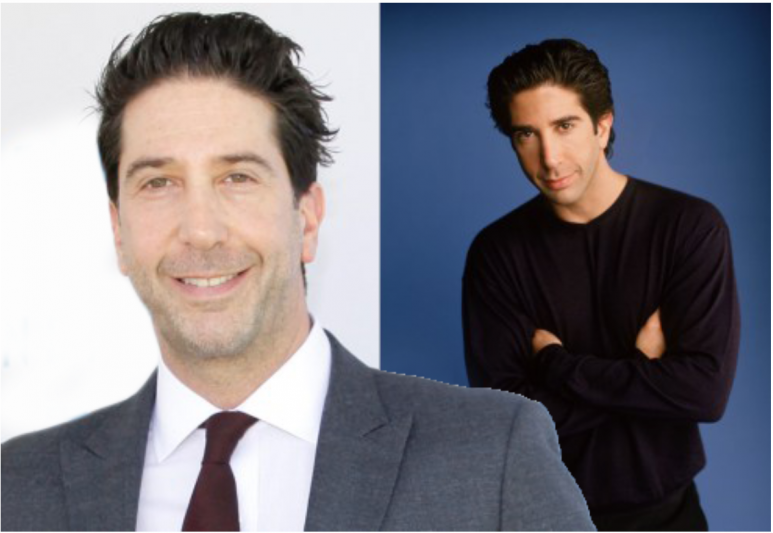by: Jeremy Ullmann
Recently, the publishing world has been abuzz with Jeanine Cumming’s novel American Dirt—a novel that follows the story of a Mexican mother and her young son fleeing cartels and immigrating to the United States in a climate that highly resembles Trump’s America.
However, when Cummings faced extensive criticism from Latinx writers for her inaccurate depictions of Mexico and immigrants in America, she shrugged off the criticism as ‘not everyone has to love my book.’ Her refusal to engage with valid criticism—to the point that her publisher even cancelled her tour, citing “security reasons”– is a symptom of a larger societal problem where creators double down in an attempt to defend their work, instead of engaging with the criticism and evolve, creatively speaking. One stark example of this is the criticism surrounding F.R.I.E.N.D.S–the 1990s and early 2000s sitcom phenomenon that has recently been criticised for perpetuating homophobia, sexism and transphobia in several of its storylines. While the television show was widely praised for being progressive at the time, conversations have evolved since then, creating a healthy debate among its audience.
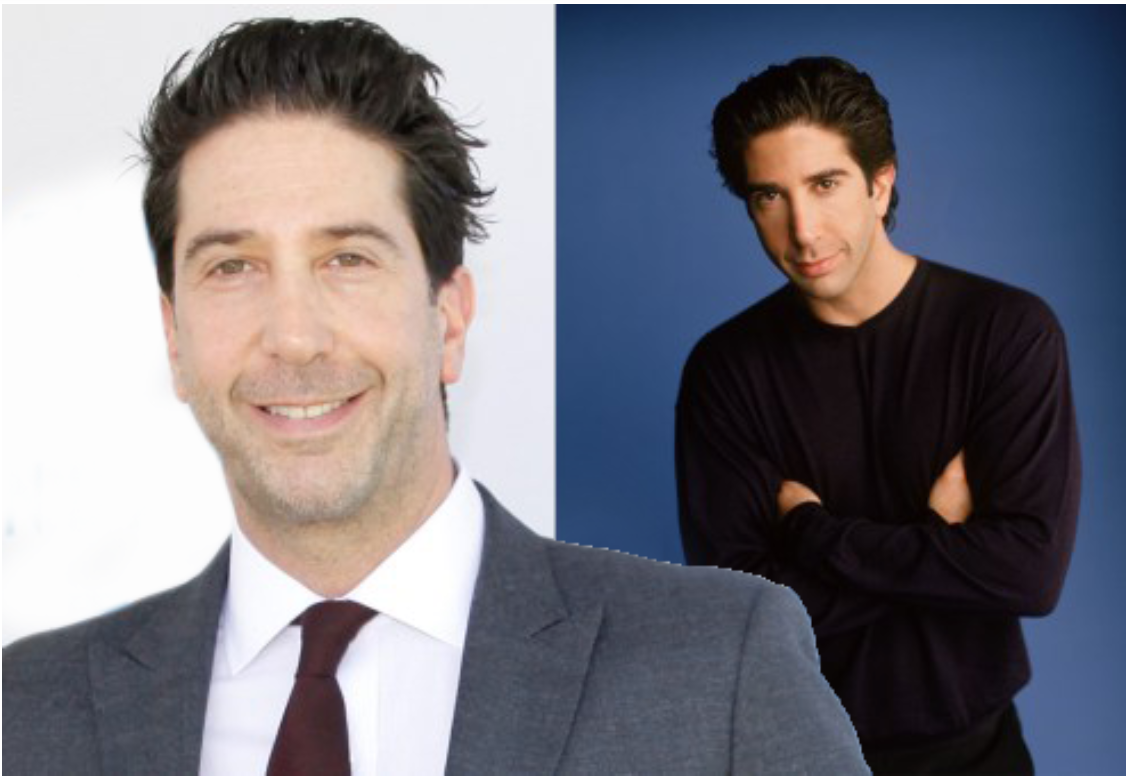
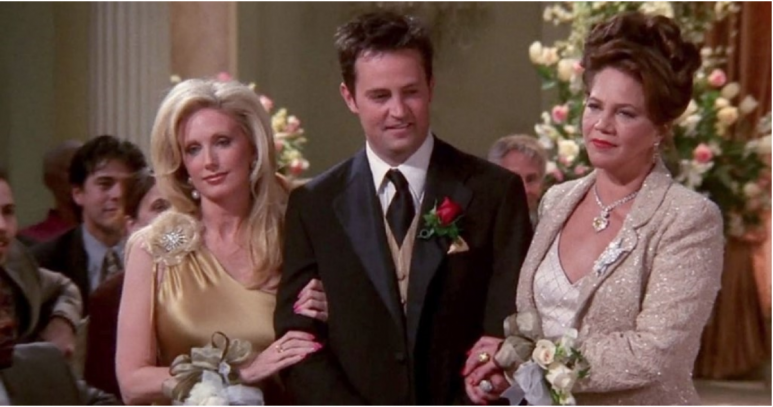
However, the response from the show’s former cast and creators has been mixed. Matt Le Blanc dismissed concerns completely, saying he ‘disagreed with all of that’. Meanwhile, David Schwimmer sticks to the narrative that the show was ground-breaking for its time, but lacked diversity in retrospect. He claims to have played his part by ‘campaigning for years to have Ross date women of colour.’ Kathleen Turner, who played Chandler’s trans parent, admitted the show hadn’t ‘aged well’–but didn’t comment further.
Another example is Buffy: The Vampire Slayer which is widely considered to be a feminist masterpiece. Its creator, Joss Whedon has been similarly credited as a champion for strong female representations in the media. But following an open letter from his ex-wife, accusing him of manipulation, adultery and ‘feminist hypocrisy’, many began to look at his work with new eyes. Some pointed out that he writes his female characters from the male gaze, rape is a plot device, and his problematic speech at an Equality Now event where he dissected the word ‘feminism’ without any reference to feminists. He also allegedly told his wife: ‘When I was running Buffy, I was surrounded by beautiful, needy, aggressive young women. It felt like I had a disease, like something from a Greek myth. Suddenly I am a powerful producer and the world is laid out at my feet and I can’t touch it.’
His response to these criticisms? Nothing. If his speech is anything to go by, it almost seems like he thinks that he is above such criticism. Meanwhile, he dismissed his ex-wife’s accusations as inaccurate with no mention otherwise.
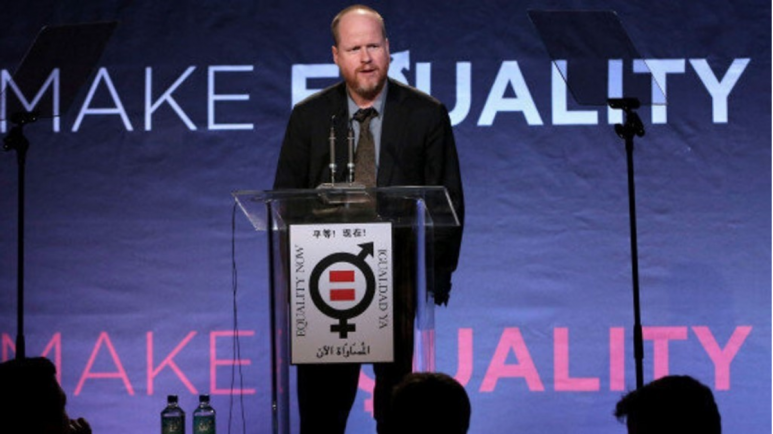
Just as Whedon’s fans were dismayed by the revelations, Harry Potter fans were unprepared for J.K Rowling’s transphobic views unveiling themselves over the past year. The Harry Potter universe has always been appealing in its inclusivity, with strong female characters, a multi-cultural school which is not religiously aligned and (albeit retrospectively) homosexual main characters. Rowling has been hailed as a ‘true ally’ for LGBT rights and has been very vocal about supporting many progressive political movements.
This is why her defence of Johnny Depp’s casting after he was accused of domestic abuse by his ex-wife and later blaming liking an anti-transgender post on twitter as a ‘clumsy and middle-aged moment’ caused discomfort among her fan base. But this past December 2019, she dug herself further into the hole:
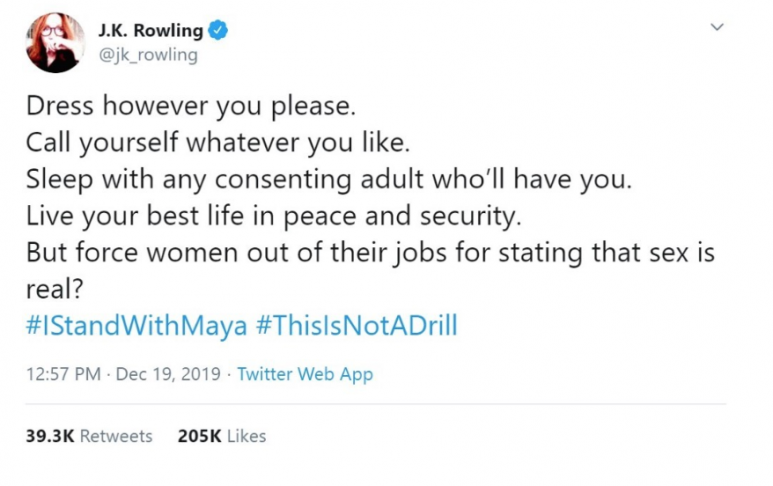
As Vox Culture Reporter Aja Romano notes: “Rowling’s tweet reveals itself as a shocking dismissal of transgender identity: its first three lines seem to directly attack trans identity, while its final line mischaracterizes the facts surrounding a court case that involves significant transphobia.” The tweet received a furious backlash from her fanbase. Rowling has yet to comment.
J.K. Rowling, and Joss Whedon are two examples of celebrities whose views would be considered progressive during the 90s and early 2000s, but have since failed to meaningfully listen to the criticism they have received and take it into account in how they interact with fans, and create work going forwards.
In light of the diversity controversy surrounding the 2020 Baftas and Oscars, it has been refreshing to see two white, male celebrities show the appropriate reaction to criticism on the subject of progressivism. Joaquin Phoenix used his Best Actor winning speech to acknowledge that the film industry was not welcoming to people of colour, and that he was: ‘ashamed to say that I’m part of the problem. I have not done everything in my power to ensure that the sets I was on are inclusive.’ On a similar subject, acclaimed author Stephen King tweeted:
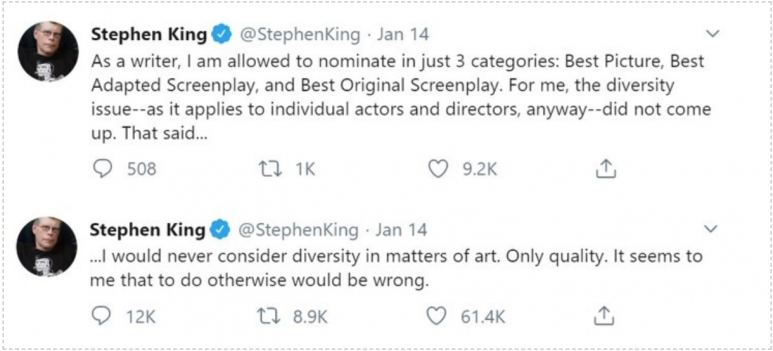
King was criticised across social media for his comments, with Director Ava DuVernay saying: “When you wake up […] and see a tweet from someone you admire that is so backward and ignorant you want to go back to bed.”
King did not respond for a week, before penning an opinion piece in The Washington Post titled ‘The Oscars Are Still Rigged in Favor of White People,’ where he referenced DuVernay and other critics, admitting he had ‘stepped over the line’.
In industries such as cinema, television and publishing, it is important that those contributing understand the importance of the work they create, as that work, and its popularity has a significant influence on the people watching it today. Work and views that were once deemed acceptable might be unfortunately cemented into history, but it does not excuses them and it certainly does not mean that we cannot criticise them to evolve forwards. It is quite simple: continue to learn, continue to stay open to learning more. Be open to recognise that what you were celebrated for believing once, might have been the product of another time. The best thing you can do to support progress, is to acknowledge that truth. Warner Brothers recognised this, and when rereleasing some of their old cartoons on new platforms, they added the following warning:
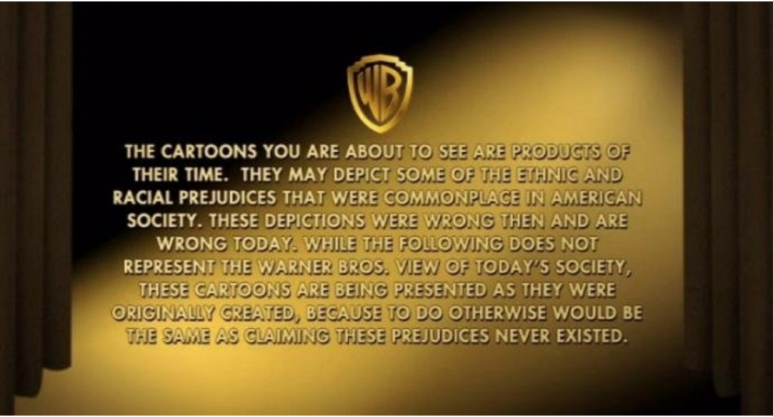
“The cartoons you are about to see are products of their time. They may depict some ethnic and racial prejudices that were once commonplace in American society. Such depictions were wrong then and are wrong today. While not representing the Warner Bros. view of today’s society, these shorts are being presented as they were originally created, because to do otherwise would be the same as claiming these prejudices never existed.”
Nenad Radoja
Contrary to popular belief, Lorem Ipsum is not simply random text. It has roots in a piece of classical Latin literature from 45 BC, making it over 2000 years old. Richard McClintock, a Latin professor at Hampden-Sydney College in Virginia, looked up one of the more obscure Latin words, consectetur, from a Lorem Ipsum passage, and going through the cites of the word in classical literature, discovered the undoubtable source.
